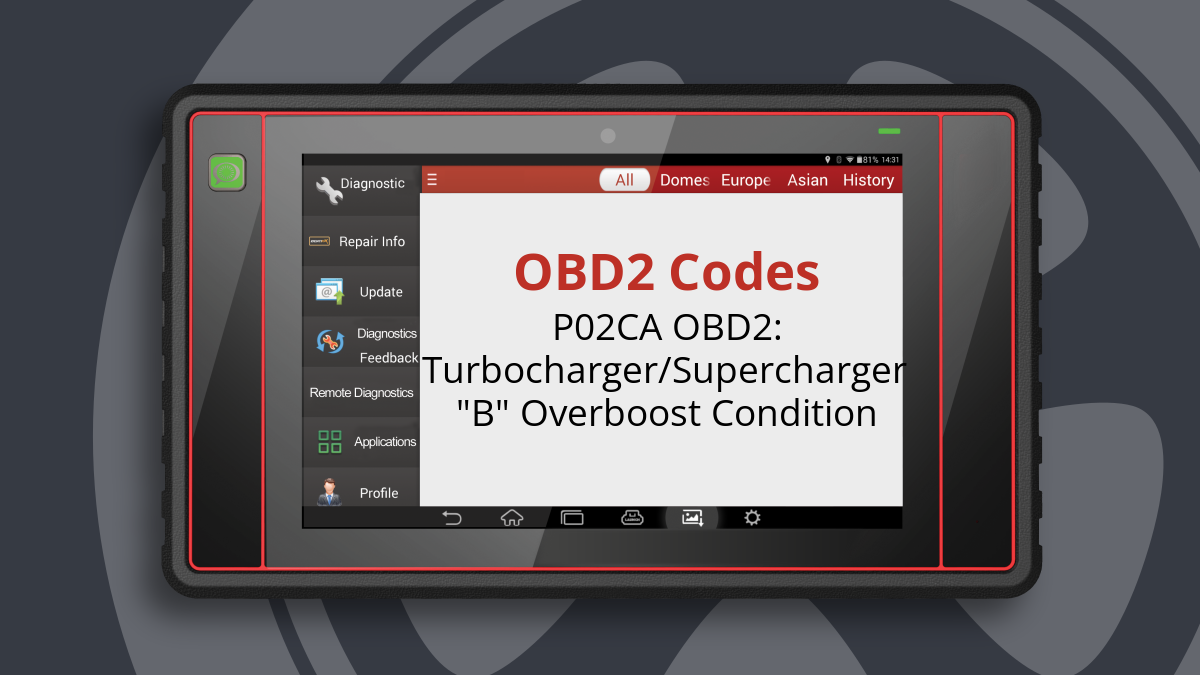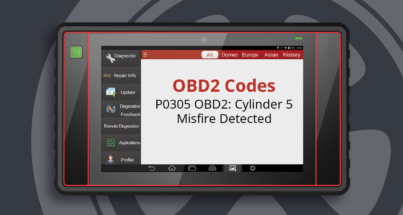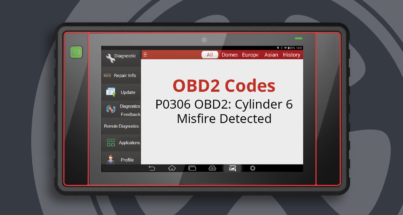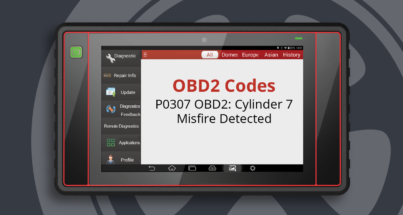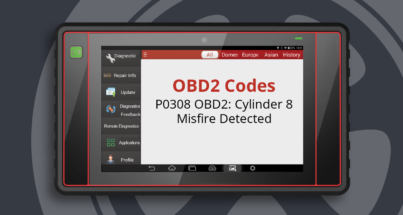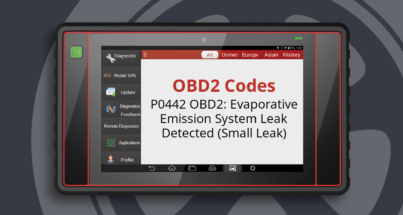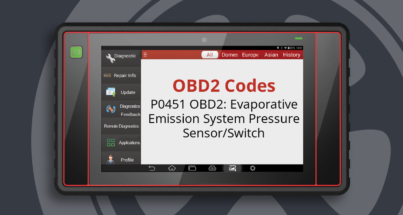What Does the P02CA Code Mean?
The P02CA code indicates that the engine control module (PCM) has detected a turbocharger or supercharger “B” overboost condition. This means that the actual boost pressure exceeds the requested level set by the PCM.
What Causes the P02CA Code?
Several issues can trigger the P02CA code, including:
- Brake booster pressure sensor failure
- Exhaust leak
- Powertrain Control Module (PCM) failure
- Turbo/supercharger failure
- Wiring issue
What Are the Symptoms of the P02CA Code?
Common symptoms associated with the P02CA code include:
- Decreased engine performance
- Engine may enter limp home mode (reduced performance)
- Increased fuel consumption
How Serious Is the P02CA Code?
The P02CA code is categorized as urgent, indicating that immediate action is necessary. Failure to address this code can lead to severe damage to the vehicle or pose risks to the driver and passengers due to decreased engine performance.
How to Diagnose the P02CA Code
To accurately diagnose the P02CA code, follow these steps:
- Use an OBD-II scanner to confirm the presence of the P02CA code.
- Inspect the wiring and connections associated with the turbocharger and boost pressure sensor.
- Check for any exhaust leaks that could affect boost pressure readings.
- Test the boost pressure sensor to ensure it is functioning correctly.
- Evaluate the performance of the turbocharger/supercharger.
Common Repairs for the P02CA Code
Repairs for the P02CA code may include:
- Replacing a faulty boost pressure sensor.
- Repairing or replacing damaged wiring or connectors.
- Fixing exhaust leaks.
- Reprogramming or replacing the PCM if necessary.
- Repairing or replacing the turbocharger/supercharger.
How Much Does It Cost to Fix the P02CA Code?
The cost to fix the P02CA code can vary widely depending on the underlying issue. Simple repairs, such as replacing a sensor, may cost around $100 to $300, while more extensive repairs involving the turbocharger or PCM could range from $500 to $1500 or more.
Can I Fix the P02CA Code Myself?
While some DIY enthusiasts may be able to tackle basic repairs, such as replacing a sensor or fixing wiring issues, the complexity of diagnosing and repairing turbocharger or PCM issues often requires professional expertise. It is advisable to consult a qualified mechanic for a thorough diagnosis and repair.


